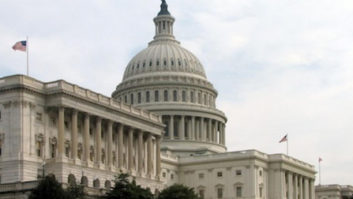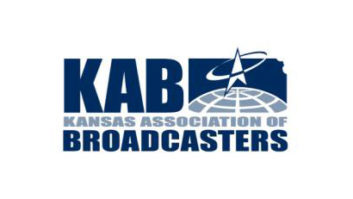In a letter sent to the U.S. Senate, seven “groups representing recording artists, performers, vocalists, musicians, producers, and songwriters” pushed back against the ACCESS to Sound Recordings Act and instead promoted the CLASSICS Act (S. 2393) and the Music Modernization Act (S. 2823).
The letter was signed by the American Federation of Musicians, Content Creators Coalition, Future of Music Coalition, The Living Legends Foundation, Recording Academy (GRAMMYs Organization), The Rhythm & Blues Foundation and SAG-AFTRA. It addresses artist compensation for music recorded prior to Feb.15, 1972.
The “Accessibility for Curators, Creators, Educators, Scholars, and Society” or ACCESS Act (S. 2823) was introduced May 23 and sponsored by Sen. Ron Wyden (D-OR).
The signers said, “We are disappointed that the introduction of the ‘ACCESS Act’ was done without consulting any artist group, organization, or union” and said it “would undercut the goals of the MMA [Music Modernization Act] by cutting compensation for the older artists that it is expressly designed to benefit.”
Rather, the ACCESS Act “would alter existing state and federal copyright terms, eroding protection for older artists by 15-20 years in some cases.” The organizations also assert that the CLASSICS Act does not alter the term for pre-1972 recordings, but instead maintains the term for these copyrights set in the Copyright Act of 1976 and the Sonny Bono Copyright Term Extension Act of 1998.
[Learn more about the Music Modernization Act here.]
Additionally, they address the claim from Music Choice that the MMA reforms are “last minute.” The signatories remind readers that the CLASSICS Act was not only introduced Feb. 7 (months earlier than the ACCESS Act) but also was “the product of a…process stretching back over several Congresses and represents a carefully balanced compromise.”
Namely:
- Senate Judiciary Committee held a hearing in July 2008;
- Copyright Office recommended reform in its 2015 report on music licensing;
- Fair Play Fair Pay Act was first introduced in April 2015 and reintroduced in March 2017, included this change
They also note that, more recently, the music community issued a joint press release in January supporting the alteration.
They close by urging the Senators “to pass the CLASSICS Act as part of the Music Modernization Act and reject proposals that would undermine the legislation’s core purpose.”












